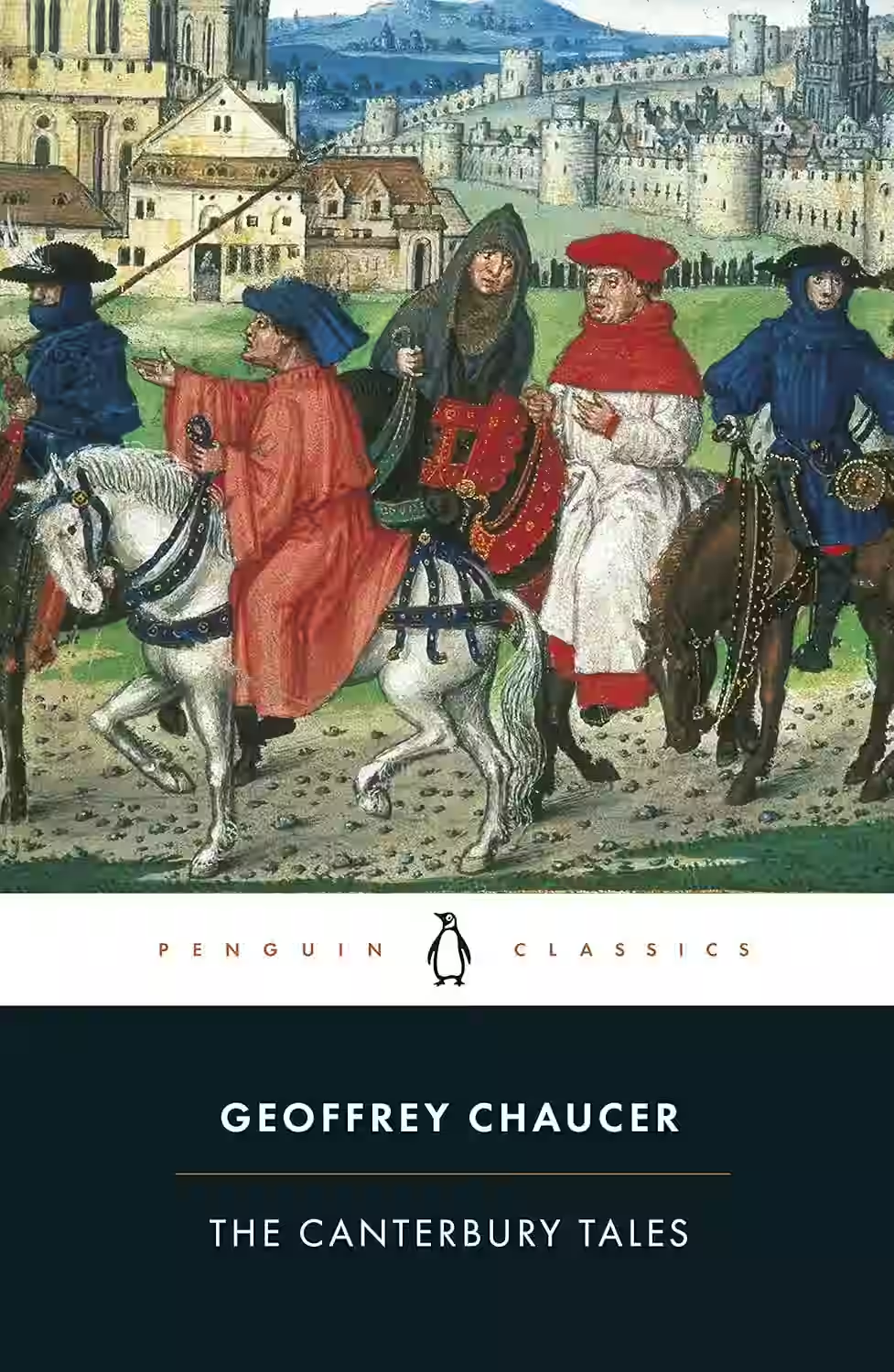
Written in Middle English during the 14th century, The Canterbury Tales follows a group of pilgrims on their journey to Canterbury, each sharing a story to entertain their fellow travelers. Through tales of love, greed, chivalry, and trickery, Chaucer paints a vivid and satirical portrait of medieval society. The collection is celebrated for its diverse voices, rich characterizations, and enduring insight into human nature.
About Geoffrey Chaucer
An English poet and writer, widely considered the greatest English poet of the Middle Ages. He is best known for The Canterbury Tales, a collection of stories told by a group of pilgrims on their journey to Canterbury. Chaucer's work offers a vibrant and satirical portrayal of medieval English society, exploring themes of morality, class, and human nature with wit and keen observation, profoundly influencing the development of English literature.
Similar Books
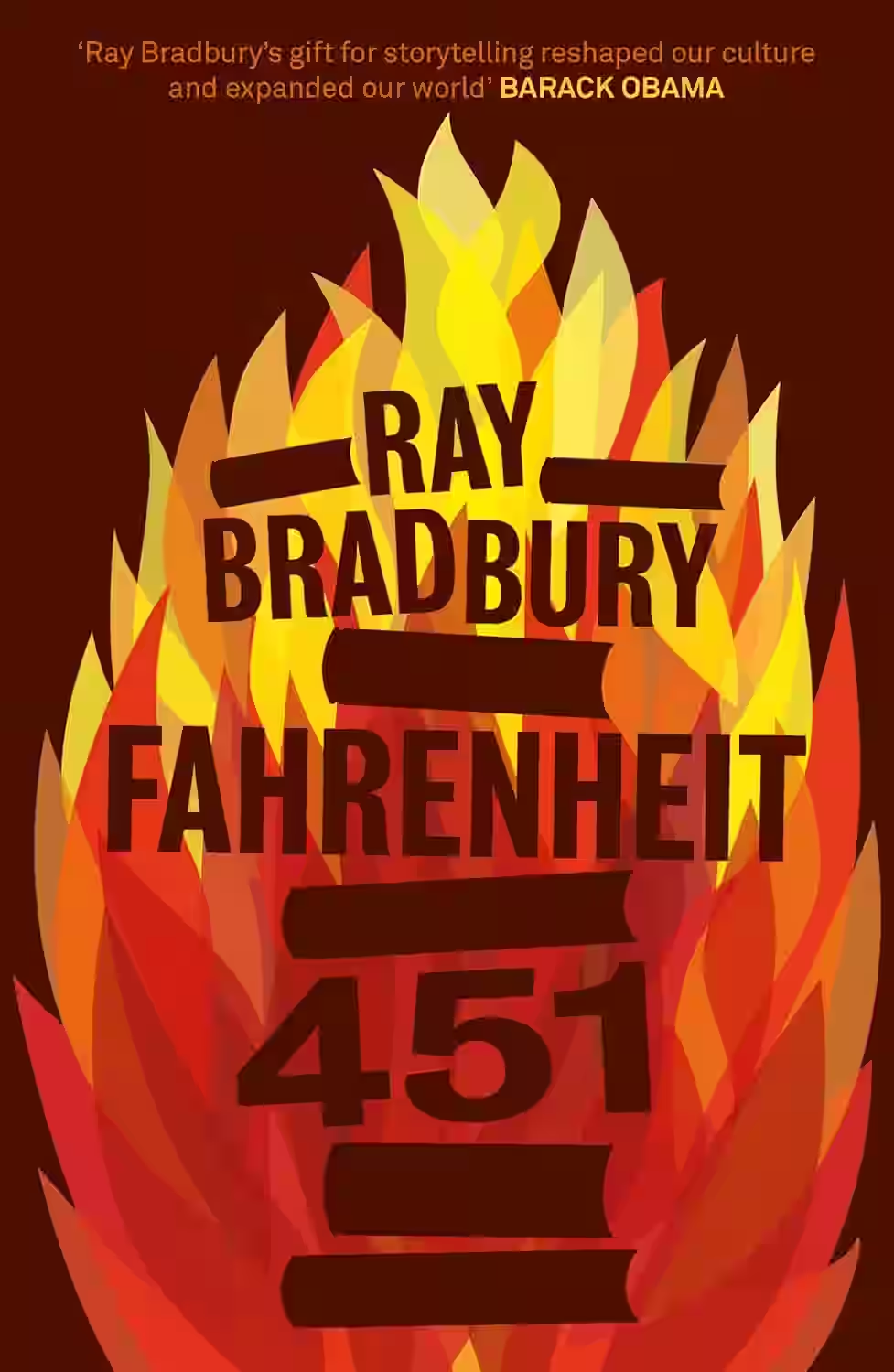
Fahrenheit 451
by Ray Bradbury
Ray Bradbury's "Fahrenheit 451" is a profound dystopian novel that delves into the consequences of a society bereft of critical thinking and free expression. Set in a future where books are banned and 'firemen' burn any that are found, the narrative follows Guy Montag, a fireman who begins to question his role in suppressing knowledge. The novel explores themes of censorship, the dehumanizing effects of technology, and the power of literature to inspire change. Bradbury's incisive commentary on conformity and intellectual repression remains remarkably pertinent, making it a timeless critique of society's foibles and the resilience of the human spirit in the pursuit of truth.
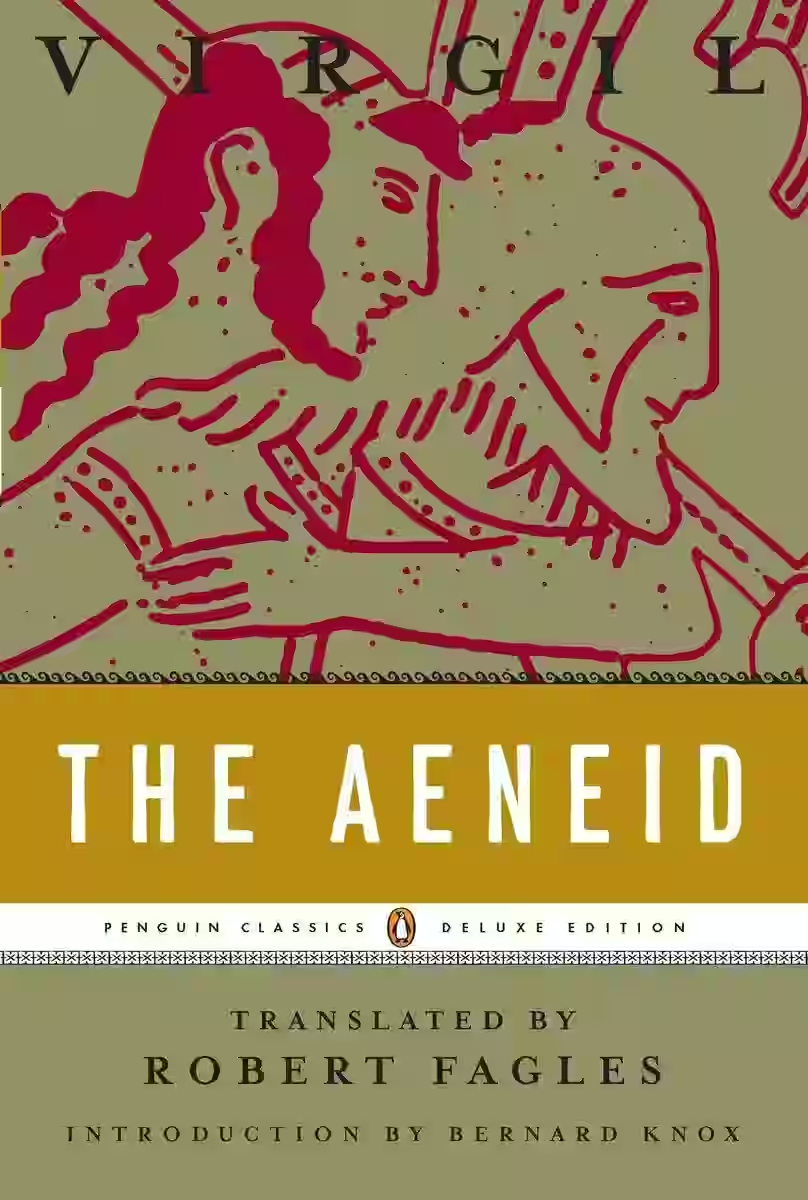
The Aeneid
by Virgil
This Latin epic tells the story of Aeneas, a Trojan hero fated to found Rome. Blending myth, history, and divine intervention, The Aeneid traces his perilous journey from the ruins of Troy to the Italian shores. Commissioned by Augustus, it serves as a foundational text for Roman identity and imperial destiny. With themes of duty, sacrifice, and legacy, Virgil’s poem echoes Homer while forging its own powerful path through literary history.
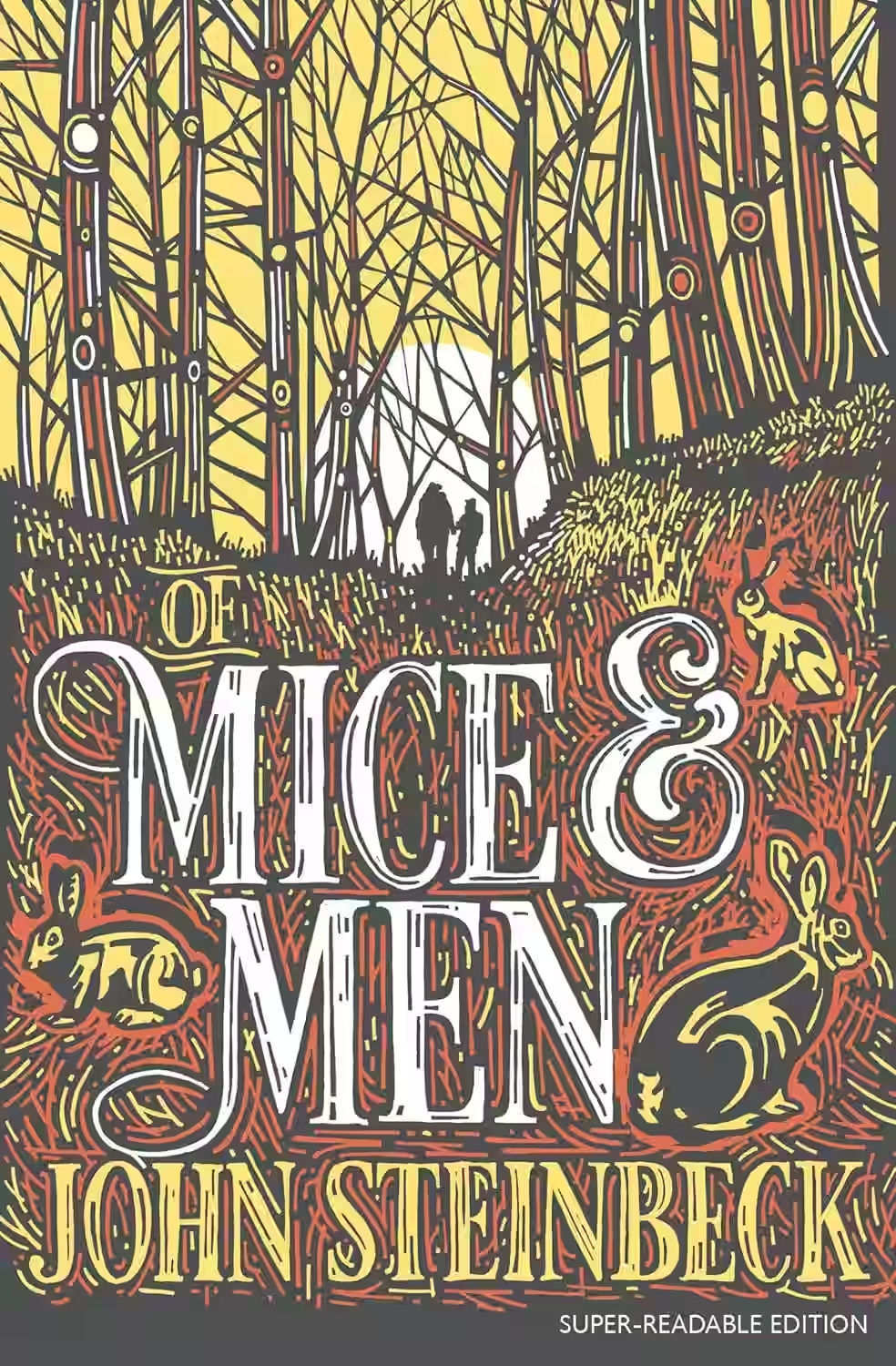
Of Mice and Men
John Steinbeck's Of Mice and Men is one of the best loved novellas of all time. Two drifters - small, shrewd George and huge, simple-minded Lennie - get work on a ranch, planning to raise enough money to get a place of their own and live off the land, if George can save his childlike, bull-strong friend from getting into trouble. A powerfully moving story of friendship, Of Mice and Men is a simply told masterpiece.
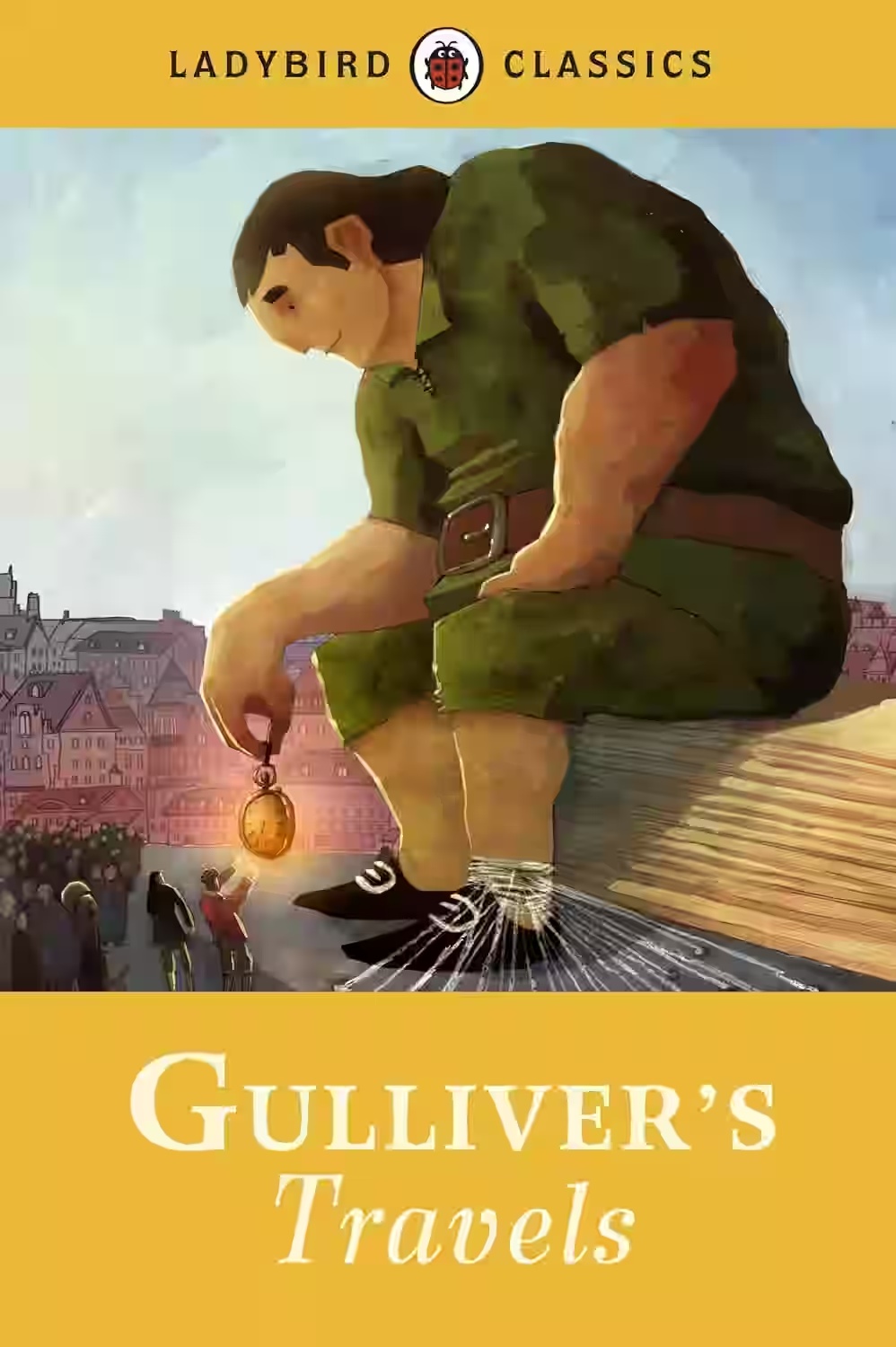
Gulliver’s Travels
This satirical classic follows Lemuel Gulliver’s fantastical voyages to strange lands—from tiny Lilliputians to giant Brobdingnagians, and beyond. Each journey critiques human nature, politics, and society through absurdity and exaggeration. Beneath its fantastical surface lies sharp social commentary on power, pride, and cultural hypocrisy. Swift’s wit and imagination make Gulliver’s Travels a timeless work of political satire and philosophical reflection, as relevant today as when it was published in 1726.